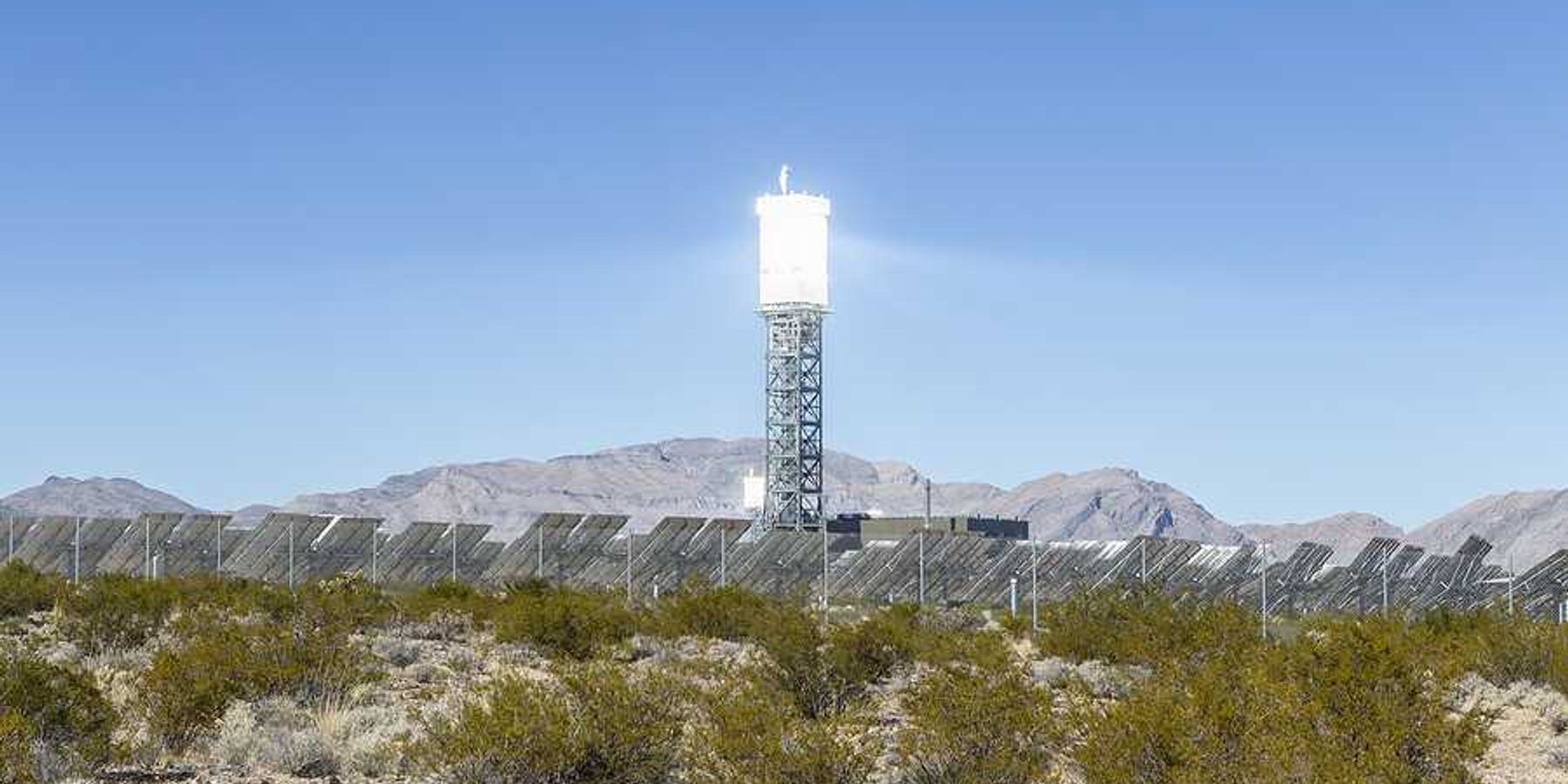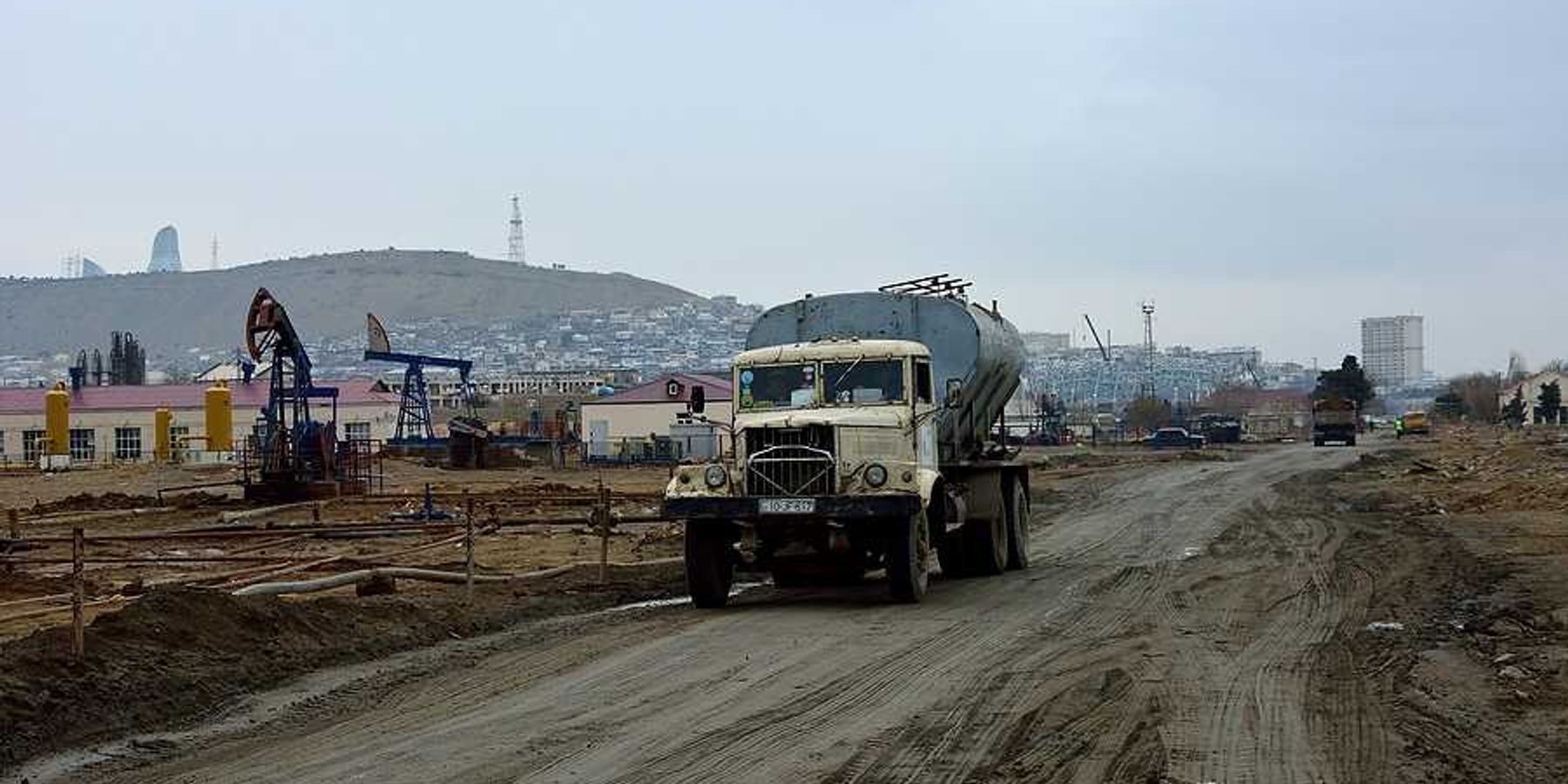nationalization
Mexico's energy policy challenges climate commitments
Mexico’s continued reliance on state-run energy may hinder its climate goals, despite a proud history of oil nationalization.
In short:
- Claudia Sheinbaum, presidential frontrunner, plans to maintain dominant state control over oil and electricity, opposing substantial private sector involvement.
- Current electricity production from clean sources is about 22%, with a target of 43% by 2030, challenging given the state's preference for fossil fuel plants.
- The nationalization of the oil and electricity sectors is a deeply ingrained political and cultural issue in Mexico, influencing ongoing energy debates.
Key quote:
“Mexico’s greenhouse gas emissions continue to rise – despite the brief dip caused by the COVID-19 pandemic – and are projected to continue increasing through 2030.”
— An independent scientific project
Why this matters:
Mexico's energy strategy is at a crossroads between national pride in state control and the urgent global need for cleaner energy solutions. The balance of power in Mexico's energy sector could significantly impact its ability to meet international climate targets and reduce greenhouse gas emissions.
Small-scale clean energy and low carbon technologies—such as solar panels, smart appliances and electric bicycles—are more likely to push society toward meeting climate goals than large-scale technologies, according to a 2020 study from a team of international researchers.
The Biden administration will challenge Mexico’s state control of its energy industry
France will renationalize EDF
France said on Wednesday that it would renationalize its state-backed electricity giant to help ensure the country’s energy sovereignty as Europe faces a worsening energy crisis from Russia’s war in Ukraine.
In quest for energy independence, Mexico is buying a Texas oil refinery
Venezuela, once an oil giant, reaches the end of an era
A moderate proposal: Nationalize the fossil fuel industry
Sanders’s climate ambitions thrill supporters, but experts have doubts
Climate scientists and energy economists say Bernie Sanders's plan is technically impractical, politically unfeasible, and possibly ineffective.









